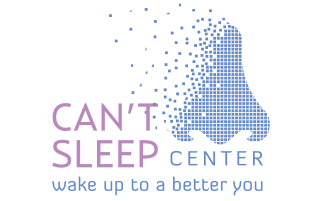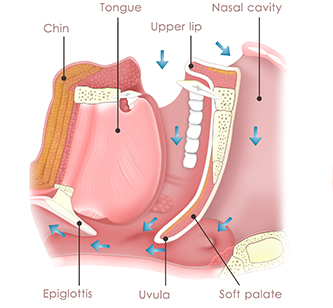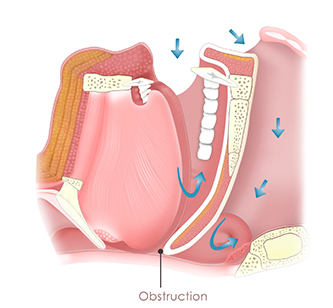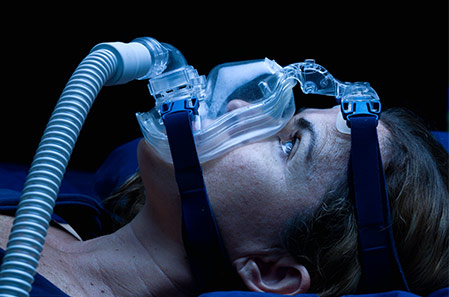Obstructive sleep apnea (OSA) is a life-threatening sleep disorder. Simply put, if you’re suffering from sleep apnea, you repeatedly stop breathing while you sleep. Your body can’t get enough oxygen which causes you to start choking, snorting and gasping for air.
Normal: The muscles that control your tongue and soft palate stay contracted to keep the airway open.
Sleep Apnea: The muscles become so lax that your tongue and surrounding tissue collapse and completely block your airway.
The problem with sleep apnea is that you may not even realize you have this condition because you’re not fully awake when you experience the major symptoms. Moreover, the biggest telltale sign of sleep apnea—heavy snoring, can easily be ignored.
Almost everyone snores. What’s the big deal, right?
Sleep apnea is more than snoring
It is a serious threat to your health and wellbeing
- 100s of times Your breathing can stop hundreds of times per night
- More than 1 min Each apneic episode lasts From 10 secs to over 1 min
- 4% less oxygen Your blood oxygen drops by 4% or more.
The lack of oxygen caused by sleep apnea leads not only to chronic fatigue, but can also cause a stroke or sudden death. Medical research has connected sleep apnea to a number of health risks and conditions. So, if you are a chronic and loud snorer, chances are that you might be suffering from OSA without knowing it. The best thing to do in this case is to seek medical attention so you can get a proper diagnosis and sleep apnea treatment.
Many people realize that snoring can be a warning sign. Yet, they refuse to test for sleep apnea because they’re afraid they will be tied to a CPAP (Continuous Positive Airway Pressure) machine.
For years, this was the only solution. But, today, there are alternatives to CPAP. For example, oral appliances for sleep apnea. They are portable, easy to install and allow complete freedom of movement.
So, don’t be afraid to get tested. You have lots of treatment options.
The CPAP machine is an oxygen mask attached to an air compressor. Sleeping with it can cause claustrophobia and depression in some patients.




